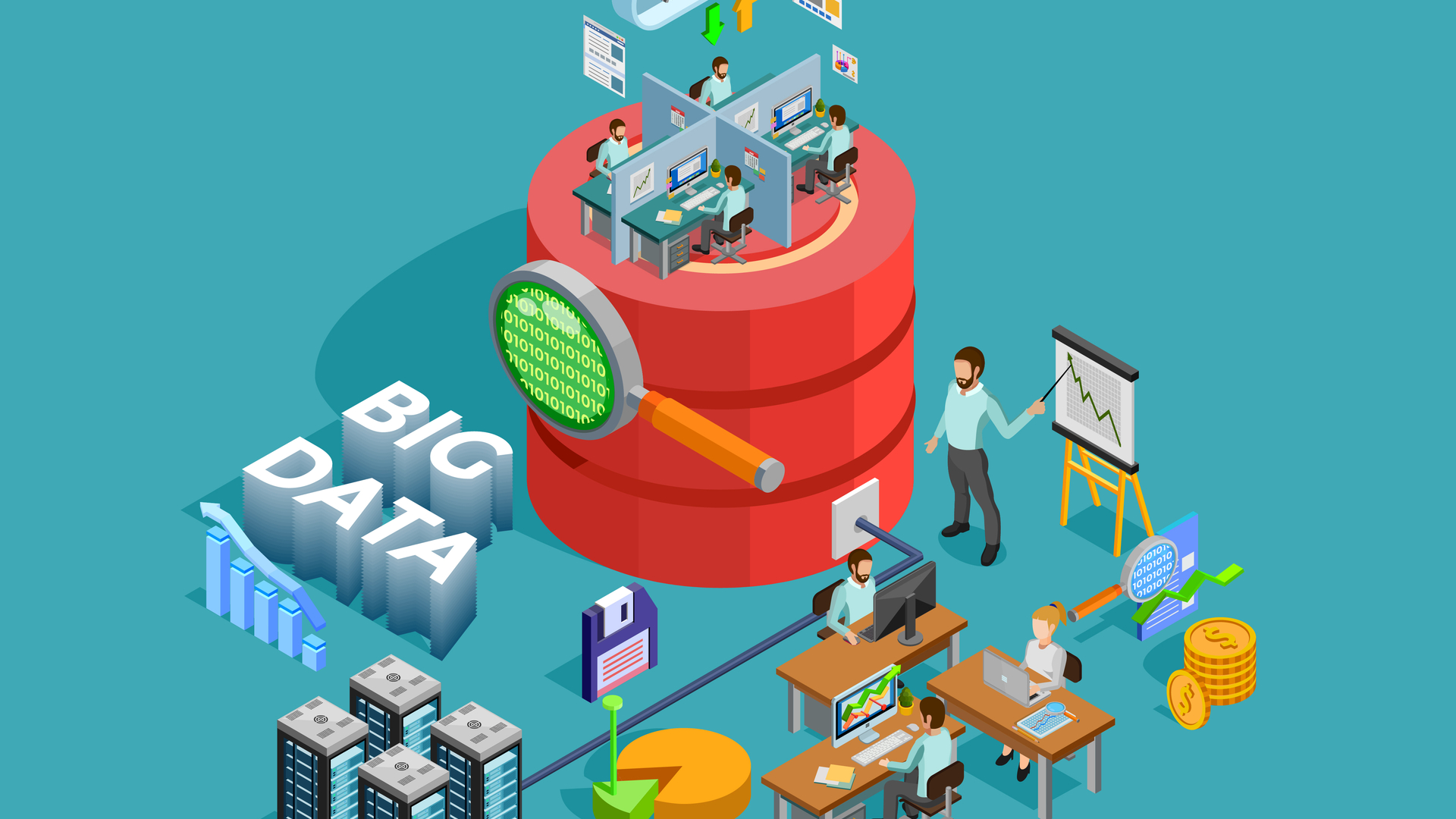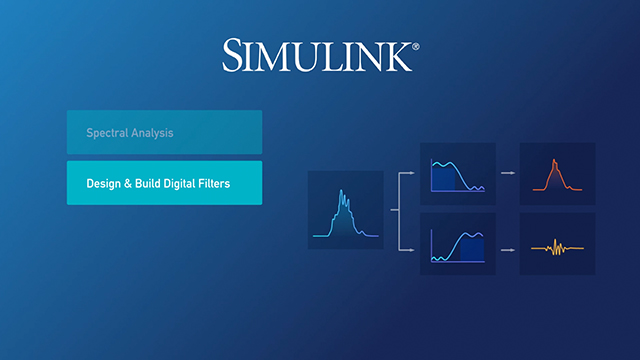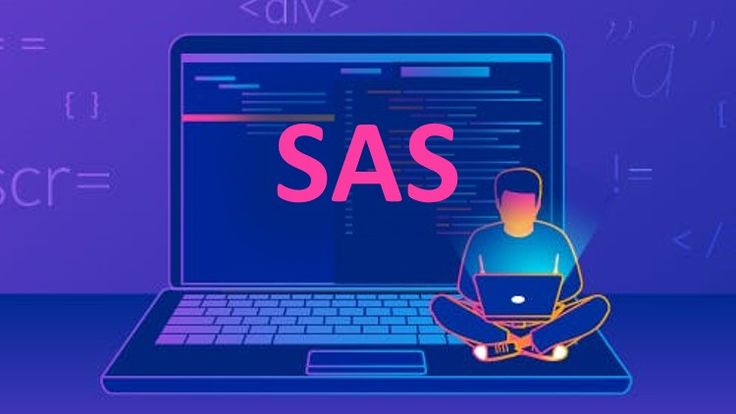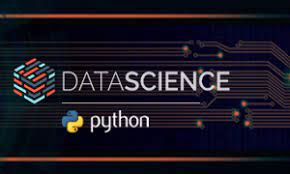Description
Introduction
The Big Data Engineering with Data Modeling and Architecture course provides an in-depth understanding of the technologies, tools, and techniques required to design and implement effective big data architectures and data models. As organizations continue to process vast amounts of data, the need for scalable, efficient, and reliable data systems grows. This course covers the fundamentals of big data engineering, including data modeling, architecture, and the integration of big data solutions using modern tools like Hadoop, Spark, and cloud technologies. Participants will learn how to build robust big data systems that can handle large-scale data processing and analytics.
Prerequisites
- Basic knowledge of database management systems (DBMS)
- Familiarity with data warehousing concepts
- Understanding of programming languages (Python, Java, or Scala)
- Experience with SQL and NoSQL databases
- General understanding of cloud platforms and distributed systems
Table of Contents
- Introduction to Big Data Engineering
1.1 What is Big Data?
1.2 Key Challenges in Big Data Engineering
1.3 The Role of Big Data Engineers - Understanding Data Modeling for Big Data
2.1 Overview of Data Modeling Concepts
2.2 Types of Data Models: Relational vs. NoSQL
2.3 Best Practices for Big Data Modeling - Big Data Architecture Fundamentals
3.1 Components of Big Data Architecture
3.2 Data Flow and Data Pipelines
3.3 Understanding Distributed Systems and Storage - Data Processing with Hadoop
4.1 Introduction to Apache Hadoop Ecosystem
4.2 Understanding HDFS and MapReduce
4.3 Integrating Hadoop with Data Lakes - Advanced Data Processing with Apache Spark
5.1 Introduction to Apache Spark for Big Data
5.2 Spark DataFrames and RDDs(Ref: Administering Microsoft Azure and Power BI Solutions)
5.3 Advanced Spark Functions for Data Engineering - Designing and Implementing Data Warehouses
6.1 Data Warehouse Architecture Overview
6.2 Schema Design for Data Warehouses
6.3 ETL Processes for Big Data - NoSQL Databases for Big Data
7.1 Overview of NoSQL Databases (MongoDB, Cassandra, etc.)
7.2 Schema-less Data Models and Their Use Cases
7.3 Implementing Big Data Solutions with NoSQL - Data Integration and Streaming Solutions
8.1 Real-Time Data Streaming with Apache Kafka
8.2 Integrating Big Data Systems with Kafka
8.3 Designing Event-Driven Architectures - Big Data Security and Governance
9.1 Data Privacy and Security in Big Data Systems
9.2 Implementing Access Control and Encryption
9.3 Data Governance Best Practices - Scaling and Optimizing Big Data Systems
10.1 Techniques for Horizontal Scaling in Big Data Systems
10.2 Performance Tuning for Big Data Architectures
10.3 Optimizing Data Storage and Processing Efficiency
Conclusion
This course will provide participants with the knowledge and skills required to design and implement scalable big data architectures and data models. They will learn how to use key technologies such as Hadoop, Spark, and NoSQL databases to create robust data processing pipelines. By understanding the core concepts of big data engineering, participants will be able to optimize the performance, scalability, and security of big data systems, enabling them to support advanced analytics and data-driven decision-making in any organization







Reviews
There are no reviews yet.